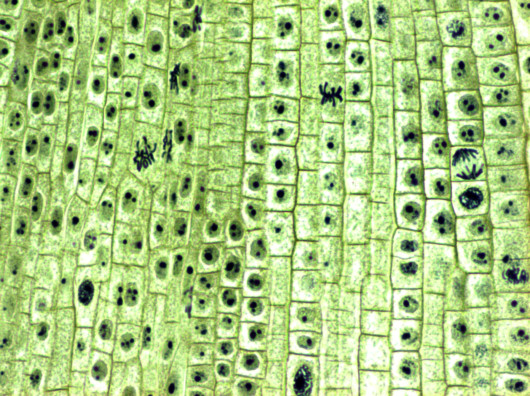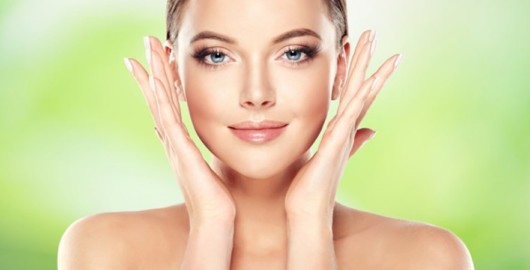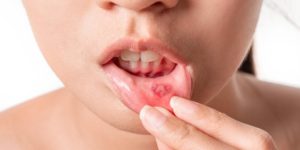Have you ever noticed how the flowers in your garden wither in the winter and are reborn in the summer? Have you ever cut a branch from a tree only to find that after a couple of weeks there is a new branch growing or the beginning of new buds?
These seemingly miraculous occurrences are caused by the plant’s stem cells. Plant stem cells are able to self-renew and self-repair. These regenerative efforts allow plants to repair themselves after damage and initiate new growth. It’s these properties that make plant stem cells useful for skincare, such as in a stem cell face mask.
Plant stem cells are unique from human stem cells for several reasons. First, they are immortal due to the presence of the hormones auxin and gibberellin. Second, they never undergo an aging process, instead, they constantly create new cells. Humans are not blessed with these properties but we can still benefit from them.

Unlike plants, our skin isn’t built to withstand harsh weather conditions. Additionally, as we age the collagen and elastin fibres in our skin become worn out and broken, leading to wrinkles and sagging.
Harvesting extracts from plant stem cells and applying them topically has been shown to reduce the signs of aging and protect against harmful elements such as UV radiation and free radicals. For example, stem cell face masks are particularly effective for sustained sun damage as the application of the mask promotes the absorption of stem cells in both the epidermis and dermis.
Different plants have different properties and when used in beauty products, are able to produce specific results:
- The edelweiss flower contains leontopodic acids which function as strong antioxidants. Beauty products that contain stem cells from the edelweiss flower have been shown to reduce the appearance of lines in the face, in some cases disappearing altogether.
- Mushroom stem cells are able to create a whole new mushroom from just one cell. This property has been found to be useful in regenerating new skin.
- Lilac stem cells contain verbascoside which works as an anti-inflammatory and antioxidant agent. As a result, lilac stem cells are excellent at treating acne.
- Argan stem cells are able to revitalize and protect human skin stem cells by accelerating the dermis’ natural repair process.
Ingredients such as ferulic or ellagic acid are the most common plant stem cell extracts used in beauty products. Ferulic acid is essential in a plant’s protection and preservation. Ferulic acid is an antioxidant and has been shown to slow the effects of free radicals on the skin as well as slow the appearance of aging.
Ellagic acid provides natural protection from UV rays in plants, as well as protecting against bacterial and fungal pathogens. When applied to skin damaged by the sun, ellagic acid has been shown to reduce inflammation. It also reduces the appearance of wrinkles and brightens the skin.

Plant stem cells are extremely useful for skincare, able to treat many different conditions. They offer a treatment that is natural, painless and non-invasive. Among the most popular products to use plant stem cells are face masks, cleansers and lotions.
Stem Cell Masks
Stem cell face masks are most often used for long-lasting and intense hydration. These masks possess a stem cell culture technology that is able to reach deep into the skin. The moisture properties also help to fill in fine lines by restoring parched skin.
Stem Cell Cleansers
Stem cell cleansers are designed to promote the skin’s ability to repair itself. In addition, they contain antioxidants and anti-inflammatory botanicals that cleanse the skin of surface debris, excess oil, and other impurities.
Stem Cell Lotions
Stem cell lotions are very similar to stem cell face masks. They both use peptides and protein found in stem cells to promote hydration and to reverse the signs of aging. The difference lies in the application. Lotions require daily application, whereas a mask can be applied on a weekly basis.



